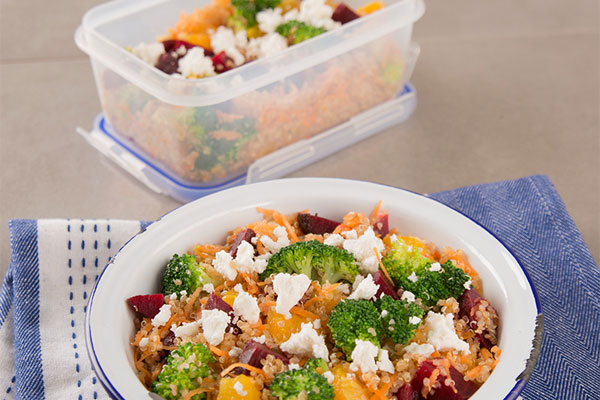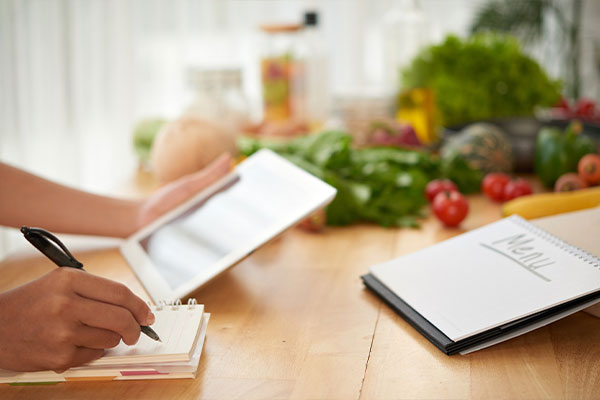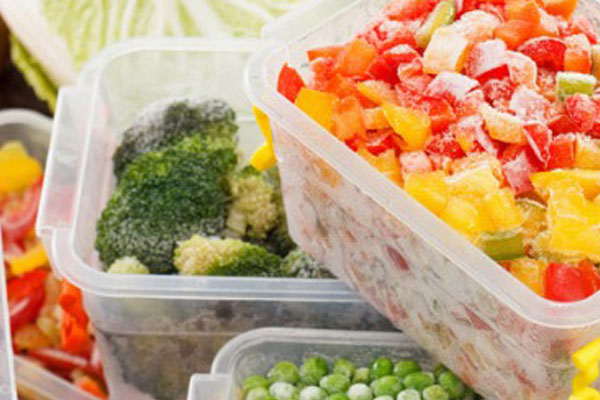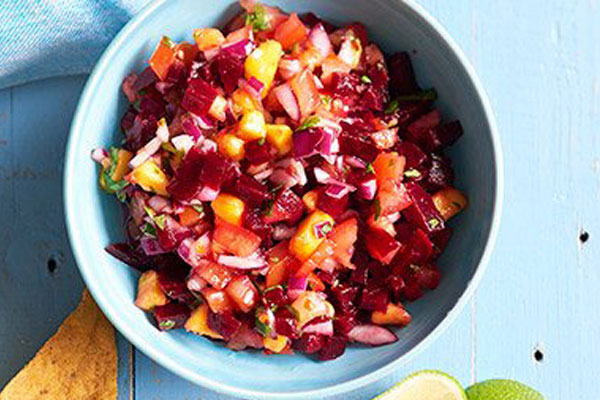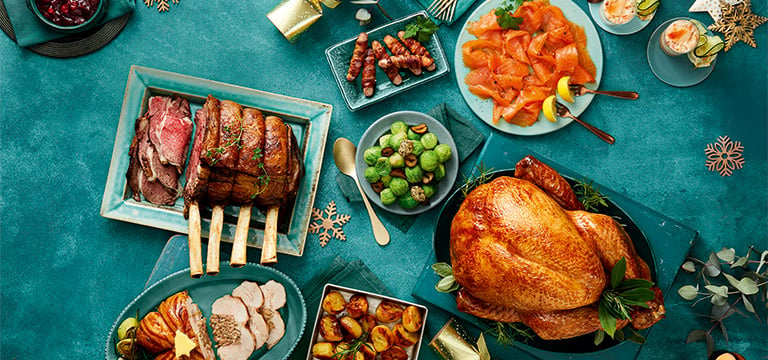Freeze It
- Always ensure that food is placed in an airtight container, freezer bags or wrapped up well before freezing.
- Remember to label your products with what it is and the date that it was frozen - this will help you easily identify the food that you are looking for when it comes to getting out for future meals.
- When you freeze products, look at whether you will want to use the whole pack on defrosting, or smaller portions. If you don’t need the whole pack, split it into individual portions so it's easy to defrost only what you need.
- Leftover food is perfect for the freezer - ensure that you cool the leftovers down as quickly as possible after cooking and only freeze when cool - these make easy meals for another day.
- You can freeze most foods, but where there is a use by date, freeze them before this date, then defrost in the fridge when needed, ensuring that you use it within 24 hours of defrosting.
- Bread can be frozen to make it last longer - just take out a slice as you need it for toasting or if making sandwiches, take out the slices of bread at least 30 minutes before you need it and wrap in clingfilm to stop the bread from drying out.
- Milk can be frozen, simply make sure the lid is on tight. It will keep for months when frozen - to defrost, take out and defrost in the fridge for at least 24 hours.
- Hard cheeses, like Cheddar or Wensleydale, can be frozen. Make sure you wrap them up or place in an airtight container first.. You can grate cheese into individual portions, wrap into little cling film parcels and just pop them out of the freezer as and when you need them.
- You can freeze eggs, but don't freeze them whole in their shells otherwise they will pop in the freezer. Eggs can be beaten with a fork and then frozen individually in little containers
- Most products bought fresh can be frozen with little effect on the nutritional values.
- If you have any leftover fruit or vegetables, these can all be chopped and frozen for use at a later date. For example apples can be chopped and frozen in food bags or little cling film bags which can then be defrosted to make smoothies or fruit crumbles from the frozen fruits. Soft fruits like strawberries and raspberries can be frozen and will be perfect for making smoothies or stirred through natural yoghurt. Bananas also freeze well, and can be eaten straight from the freezer or used in smoothies.
